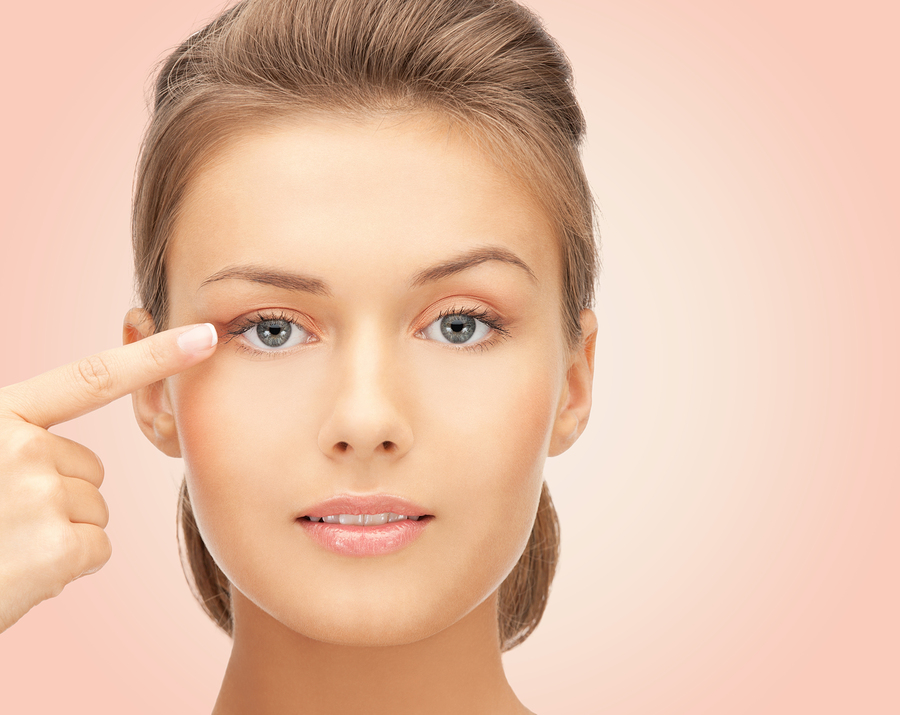
Benefits of Vitamin A for Your Eyes and Vision
For your vision and eyes, Vitamin A has many benefits, including:
- Protecting the surface of the eye
- Serves a protective barrier from eye infection
- Treatment and prevention of dry eyes
- Reduced risk of macular degeneration
- Soothes eye inflammation
- Reduces stress on our eyes from the sun and electronic devices
- Improved and sharper vision
Types of Vitamin A
There are two types of Vitamin A in some of the best foods for your eyes, which are different based on where they are sourced:
- “Pre-Formed” Vitamin A – This type can be used directly by the body and is typically derived from animal-derived foods. This type of Vitamin A is not water-soluble, which means that it is not readily excreted by the body. The body stores this in body fat and if too much is ingested, it can begin to build up in the body and become toxic.
- “Provitamin A” Carotenoids (also known as “Beta-carotene”) – This type is converted into retinol by the body following ingestion and is found in colorful fruits and vegetables. This form of Vitamin A does not pose the same risk for toxicity. They are easily eliminated from the body.
Best Sources of Vitamin A & Best Foods for Your Eyes
Simply looking at your diet and making sure that you’re getting enough Vitamin A-rich foods in daily is a good idea. Below is a list of foods that are great sources of Vitamin A:
- Dark leafy greens such as spinach, kale broccoli, brussels sprouts, collard greens, and Swiss chard.
- Other colorful fruits and vegetables such as carrots, corn, bell peppers, pumpkins, oranges, strawberries, blueberries and bilberries.
- Whole grains with a low GI (glycemic index) such as barley, bulgur, and quinoa.
- Cold water fish such as salmon, tuna, mackerel, and sardines.
- Eggs, particularly poached or soft-boiled egg yolks.
- Nuts rich in Omega-3 fatty acids such as pistachios, almonds, and walnuts.
- Beans such as kidney beans, lentils, and black-eyed peas.
- Lean beef and beef liver
- Black currants or black currant seed oil.
- Vitamin A supplements and others, such as fish oil, krill oil, and
It is important to look at the amount of Vitamin A you’re getting in each day. If you find that much of your Vitamin A sourcing comes from animal-based foods, you may wish to try to cut back and incorporate more vegetables noted above. In making sure that you’re getting enough Vitamin A and from the right sources you will ultimately help improve your eye and vision health, as well as many other areas of your body.
Let Us Help
For a consultation towards clear vision, or to clear up any questions you may have, contact Laser for Eyes today. We are standing by to answer any of your concerns, and to help you get your vision back to where you want it. Join our growing family of happy customers who trust us with their eyes.
